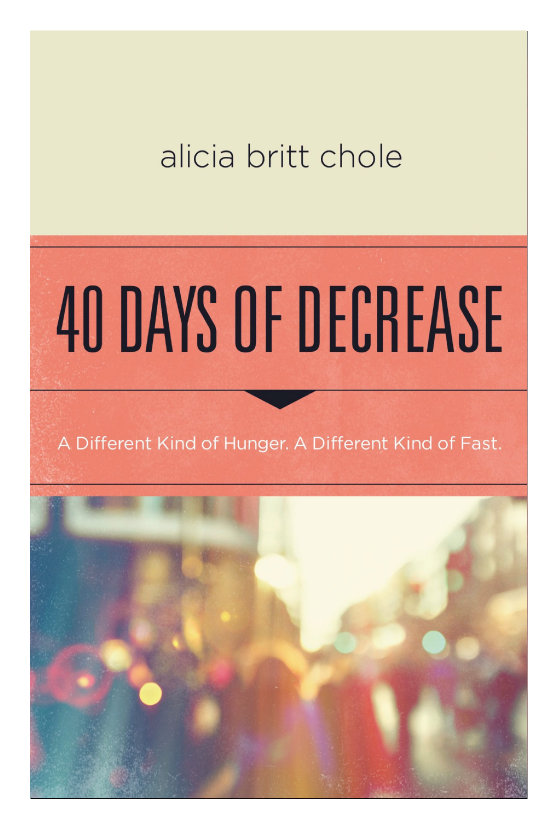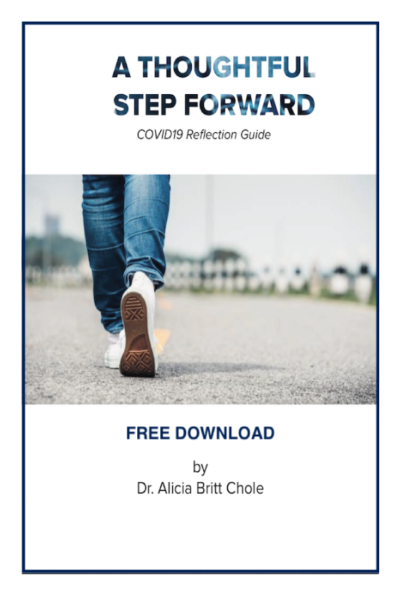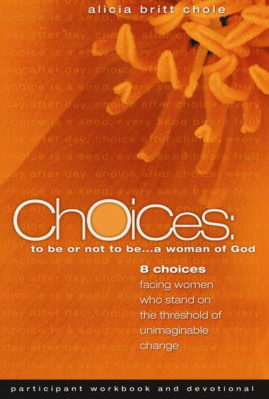If the example of our faith’s founder
Our faith is viable for us. Good. Is it also transferable to others? Webster defines transfer as:
- to convey or remove from one place, person, or situation, to another: He transferred the package from one hand to the other.
- to cause to pass from one person to another, as thought, qualities, or power;
Can our faith or philosophy be passed on and make a meaningful difference in the lives of others, especially others who are not like us?
A dear friend was listening to a conversation among a group of well-tanned, well-off women. They were discussing their spiritual philosophies while drinking designer coffee in the sun. One woman expressed the beliefs of several as she explained, “We just need to concentrate on what we really want in life and then draw the good in the universe to ourselves.” My friend was so angry she dared not speak. Later she fumed, “Oh, really?! What about the women in Sudan who are just hoping that they don’t get raped today? Are they just not thinking enough positive thoughts?!”
Well said.
I do not believe that it is enough for a faith or philosophy to inspire and enlighten us.
I do not believe that it is enough even for a faith to motivate us to serve the needy.
I believe that our faith, belief, or philosophy must be able to make a difference not just indirectly through us and our generosity but directly to others, especially the broken in body, mind, or spirit.
Some will disagree with me. That is okay. If you feel that it is enough for a belief to work for you and yours, then be released from the fourth filter. Personally, part of the validation of my faith is whether or not it is transferable across cultural, political, economic, and social lines: Does it have the power to do for others what it has done for me?
Objectors might say, “It doesn’t have to. It’s enough for a philosophy to empower us to be more compassionate human beings who use our resources to help others, and for everyone else to find whatever path works for them.” That argument, however, returns us to the previous discussio
For most Theists, faith is more than a good idea to try on for size, sometimes outgrow, and occasionally trade in. Faith is eternal. Theists do not think of their faith as regional anomalies but rather as universal realities. As a Christian monotheist, my faith is bound to a God who loves each soul on the planet. Therefore, it makes sense to me that my faith—if valid—should have something of substance to say and something of power to give someone besides me. (to be continued)
(These thoughts on faith and friction originally appeared in my book, Finding An Unseen God: Reflections of a Former Atheist. Recently I wrote an article on 5 Be’s for those who love Atheists for Today’s Christian Woman. If you’d like to read that article, click here.)






